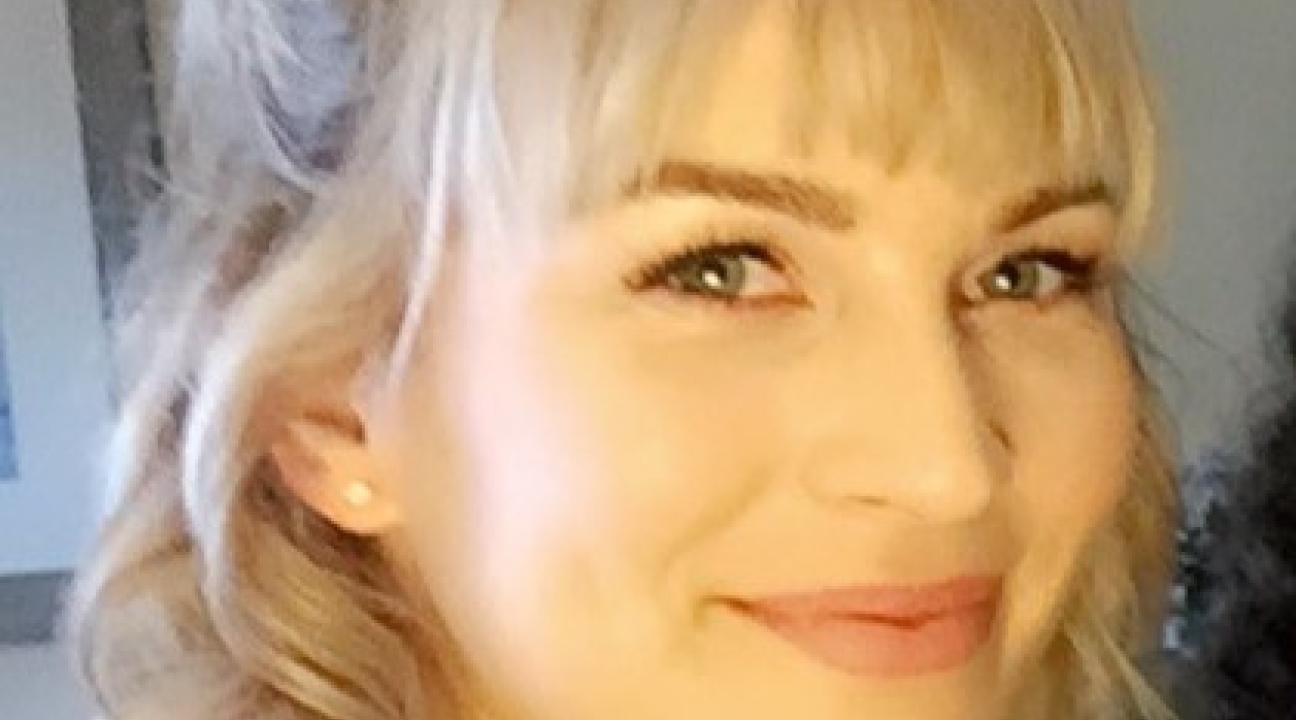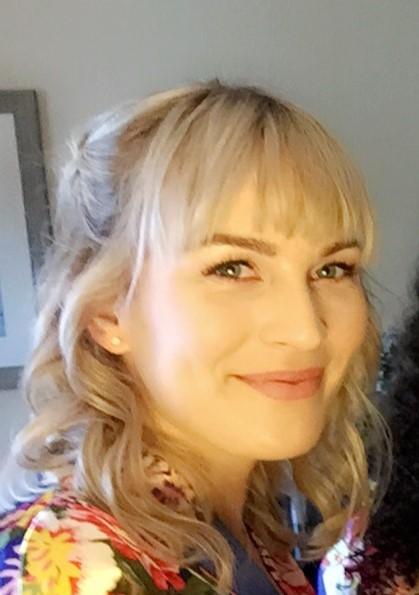Kelsi Mundell - German
Alumni Spotlight
Kelsi Mundell graduated in 2015 with a BA in Psychology and a minor in German. Kelsi was accepted into the Master’s Program of International Affairs at City University of New York Baruch College, and plans to pursue a career within the international field. Here are her responses to Professor Grobbel’s questions:
While you were at SSU, did you have any idea of what you wanted to do after graduation?
I majored in Psychology with the intent to pursue licensure as a clinical therapist following a Master’s degree. However, I also minored in German in preparation for and because of two years studying in Germany. My German courses along with my experiences abroad and at SSU eventually led me to pursue international affairs.
How did your studies and activities at SSU influence your graduate academic and/or professional choices?
Studying in a foreign country and practicing a second language required me to get comfortable with the uncomfortable and it greatly changed my world view and sense of self. Consequently, I contemplated my academic and professional goals with much more intention and understanding of what I enjoyed and what I didn’t. Additionally, participating in the SSU German Club and living in Germany grew my local professional contacts into a global network and thereby completely reframed my understanding of what kinds of professional opportunities exist. For example, I met international students who parlayed their stays in hostels to seasonal work opportunities giving them another way to travel the world and learn additional professional skills such as international communication and marketing.
You lived and studied abroad: How did that experience impact your academic studies?
I studied at the University of Tübingen through CSU IP for two years and had to adapt to an entirely different academic process and learning style. At Uni Tübingen (outside of German language courses which are structured similarly to U.S. courses) I didn’t have a formal list of assignments throughout a course to provide a track record of how I was mastering the material. While challenging, the expectation to independently test myself on material learned throughout the semester also meant there was an expectation I would succeed. My professors expected I was understanding the material and that if I wasn’t, I would seek their help. I needed to be responsible for my studies and assertive when I wanted to know how I was measuring up or if I wanted further clarification on a topic. In general, I felt my time in Germany required me to be more independent and responsible. Of course, both qualities greatly helped me at SSU upon my return because I was comfortable going to my professors with questions and learned the importance of studying the material to truly understand and utilize the information rather than being focused on passing an exam. There are benefits and challenges with both academic systems but experiencing two different structures of higher education gave me a better understanding of who I am as a learner and how and why I want to pursue my education.
Tell us about your trajectory after SSU.
After SSU I worked in administrative positions including at a J1 sponsor agency helping international students secure temporary seasonal work positions in the U.S. Currently, I assist a dean at a community college while I pursue my Master of International Affairs with an emphasis in international trade.
What do you see yourself doing five years from now?
I have abandoned concrete five-year plans because I learned it’s important for me to be present and open to current opportunities. That said, I hope I am still traveling and learning in five years in whatever form that comes in as a hobby or professionally!
What advice do you have for current students?
Dive into the opportunities only available to students including but not limited to SSU clubs, discounts for performances and events, lectures by guest speakers visiting campus, professor office hours, and of course, study abroad! Learning doesn’t just happen in class so take advantage of outside class activities. Don’t worry about having the perfect resume but be strategic in your pursuit of what you enjoy and what will make you a more competitive candidate for jobs after you graduate. For example, participating in the German Club isn’t just for those who want to be a professional translator post grad, but it can also help students develop transferrable skills such as critical thinking and writing that will help you succeed professionally regardless of your field of study. Always inquire about resources to help you accomplish your goals! If financial hardship is preventing you from experiencing outside class activities be sure you have exhausted all your options for financial assistance. Talk to your professors, club presidents, your financial aid office, and take the time to research grants/stipends/scholarships online. You may be surprised how many people assume there isn’t any help for them, and they miss out on opportunities because they don’t try!



